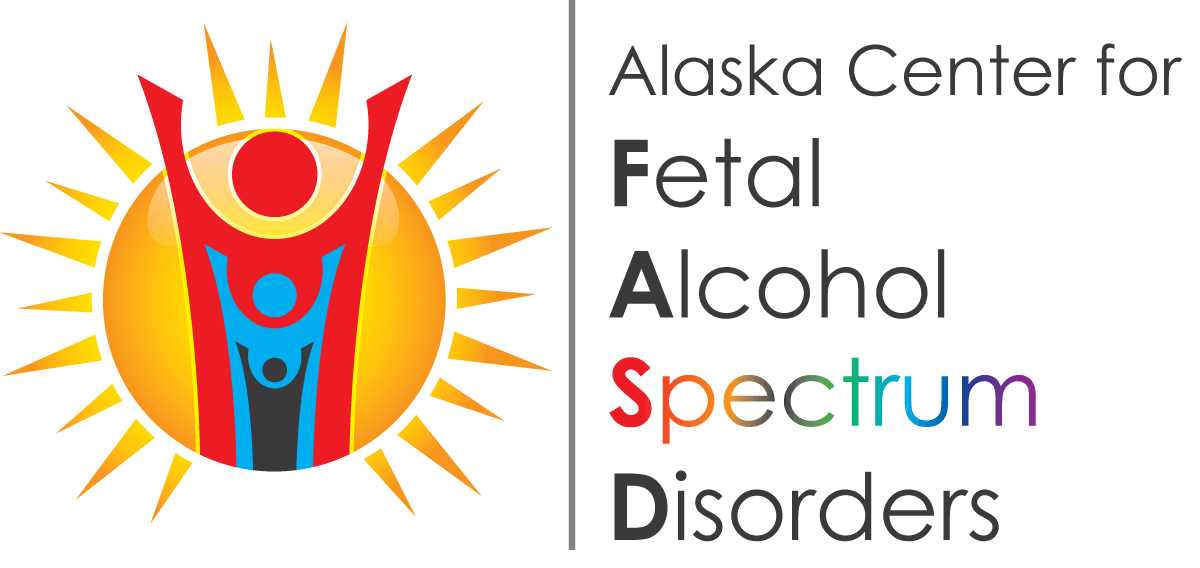Adults
8 Keys for Adults with FASD
A film by Dan Redfield
Focus on Adults Wisdom Shared by Someone Who Knows…Gina, self-advocate
“Before my diagnosis I was blaming myself for things I cannot help…”
“I used to blame myself when people I worked with in my businesses took advantage of me during money transactions, for losing things all the time, and for acting too young and not my age. Now I understand that my brain does not have the connections that make it easy to do those things…”
I would encourage anyone that thinks that they may have an FASD to seek a diagnosis ...
“I personally did not get any services due to the fact that they consider me to be’ high functioning’. But some adults might qualify for DD (developmental disability) services that they didn’t qualify for as a child if they are more affected than me. It is definitely worth checking into. I have never regretted getting an FASD diagnosis because it helped me put the pieces together and get answers for lots of unanswered questions I had about myself. The diagnosis has also helped me to be more gentle with myself and not be so critical and berate myself.”
I was never raised with structure but I needed it so I’ve created it for myself...
“No two days are the same for me but I try and keep as much routine as possible. One good thing is that now I don’t lose my keys or license all the time due to being aware of my limitations and double checking when my brain is on overload! Just having a place to put them every time seems like a little thing but it has been life changing for me!”
I struggle with depression …
“Traumatic life experiences and prenatal alcohol exposure has contributed to my depression. Research has indicated that brain cells for the chemicals in the brain that regulate emotions may be damaged by the prenatal alcohol exposure so those of us with FASD can have a higher risk of depression for that reason too. I’ve struggled off and on. I always called it “situational depression”. I believe I’ve always had it, just more severe at times. I have learned to cope with it.”
I’m still learning how to figure out social situations and how to keep a friend.
“I have lots of acquaintances, very few friends. It’s a lot of work when you struggle with social cues. I treasure those that have stuck by me and accept me as I am, as I am a bit much, at times! 😊"
I’ve figured out the things that help me to be strong and resilient ...
“I’m a ‘go-with-the-flow’ type girl and I don’t have unrealistic expectations of myself or others. I also have a great relationship with God. I was picked up by a Sunday school bus at age five and I’ve sustained a relationship with him ever since. It is what keeps me going and guides me when I’m not sure what to do.”
If you are an adult with FASD, please know that you are not alone!
If you’d be interested in joining or helping us to get an Adult Support Group started, contact us.
Resource: Supporting Success for Adults with FASD
